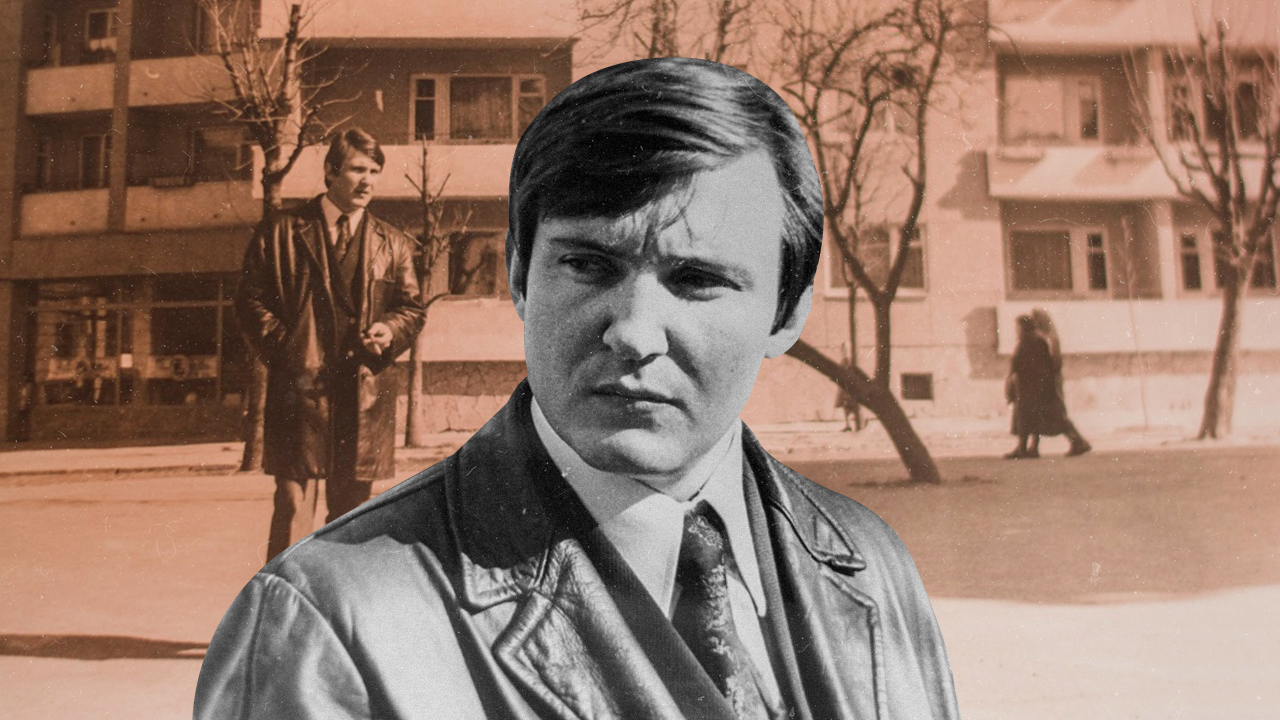May 18, 2022, marks 43 years since the death of Ukrainian composer Volodymyr Ivasiuk, the author of the song Chervona Ruta and one of the founders of Ukrainian pop music. According to the official version, Ivasiuk committed suicide. According to the unofficial version, the Soviet special services killed the composer. There are other versions of Volodymyr Ivasiuk’s death.
Music journalist Phil Pukharev, the author of the Telegram channel about the Ukrainian pop stage PLAY, analyzed the main versions of the composer’s death with PRO and CON arguments and tried to understand what happened.
May 18, 1979. Black date for Ukrainian music. On this day, the super-popular composer Volodymyr Ivasiuk was found dead in the Bryukhovytskyi forest in the Lviv region.
Ivasiuk’s death became a turning point for the entire Ukrainian pop scene and its future. This story is still full of mysteries and raises many questions and contradictions even 43 years later.













